S Viswanath
Billed as among Big Three major film festivals in Europe, alongside world’s oldest Venice International Film Festival (Mostra Internazionale d’Arte Cinematografica della Biennale di Venezia / International Exhibition of Cinematographic Art of the Venice Biennale) held in Northern Italy’s Veneto Region Capital, and Berlin International Film Festival (Internationale Filmfestspiele Berlin), otherwise known simply as the Berlinale, the Cannes Film Festival (Festival de Cannes), also International Film Festival (Festival international du film de Cannes), is set to play host to who’s who of entertainment business come May.
Founded in 1946, a full 12 years after Venice Film Festival ushered in the annual cinema carnival concept to fete and felicitate the best of films and its makers, and recognised as one of Big Five major international film festivals, besides Venice, Berlin, Toronto and Sundance, the 78th annual Cannes Film Festival takes place from May 13 to 24, 2025, at the Palais des Festivals et des Congrès nestled on the unmissable boulevard of Promenade de la Croisette, east of the Resort City on the French Riviera, aka Côte d’Azur.
With French screen diva Juliette Binoche gracing the chair as Jury President of Main Competition and French actor Laurent Lafitte as host of opening and closing ceremonies, the 78th edition which will also see the bestowing of the Honorary Palme d’Or on the legendary and iconic American actor and inimitable ‘Godfather’ – Robert Anthony De Niro as the 12-day festivities kicks off in all pomp, pageantry, and fanfare, with French comedy Partir Un Jour or To Leave One Day / Bye Bye by Amélie Bonnin, the debutant directorial featuring in the Out of Competition category.
The Cannes Film Festival which will serve its regular a la carte sectional offerings – the Palme d’Or In Competition compendium of 19 films, Out of Competition and Cannes Premiere with sextet each, septet with quartet (Special Screening) (11) in Critics’ Week (Semaine de la critique), 18 under the Directors’ Fortnight (Quinzaine des cinéastes), nonet under ACID (Association for the Distribution of Independent Cinema) Section, a quintet in the Special Screening section, a triad each in Midnight and another segment of Special Screenings, with a detect of shorts, all coming under the ambit of Parallel Sections.
However, besides the main Red Carpet crowd pulling festival showpiece – In Competition tiara of features, you have Un Certain Regard bouquet of 16 show stopping bejeweled beauties of which this perceptive piece seeks to concentrate and chew upon for the benefit of the cine citizens who shall congregate and converge at the Cannes this sizzling and sunny summer of May.
The section, with specific focus on films with unique storytelling and fresh voices in cinema, comprises of Egyptian Director Morad Mostafa, a festival residency (Cinema de Demain) non-French candidate debutant feature Aisha Can’t Fly Away.
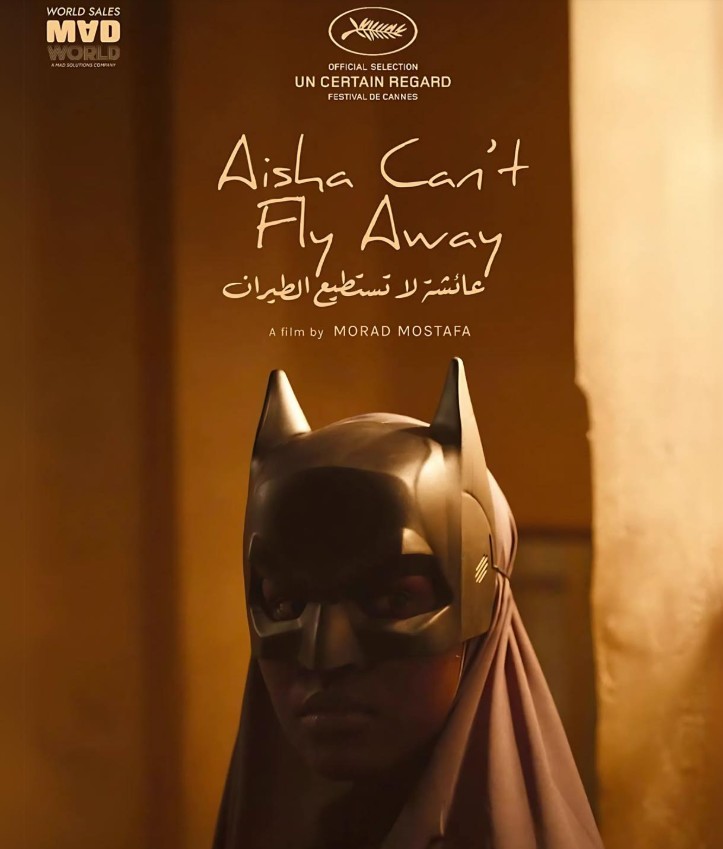
A familiar and universally resonating migrant drama spotlighting on the underworld of African migrant society in Cairo and the tension between different groups with Somali caregiver the 26-year-old Aisha the receiving witness to the issues at hand. Residing and working in Ain-shams, district of Cairo with large populace of African migrants, she witnesses the violent strife between the Egyptians and various African groups resulting in rival neighbourhood gang wars. The film, incidentally, being in contention for the Caméra d’Or award.
Then you have Czech Republic feature Caravan (Karavan) by Zuzana Kirchnerová, a roadie about a mother and son, wherein a single mother with a mentally handicapped son seeks to spend two weeks in Italy at her old friend’s house without him. But fate wills otherwise and the mother has to tag the son along. This too contending for Caméra d’Or award.
From front of camera to helming it is the American actress Scarlett Johansson with her first feature Eleanor the Great vying for the Caméra d’Or award. The film spotlights on a nonagenarian coming to terms with the death of her best buddy returning to New York after years in Florida and seeking to a new connection befriends a 19-year-old student.
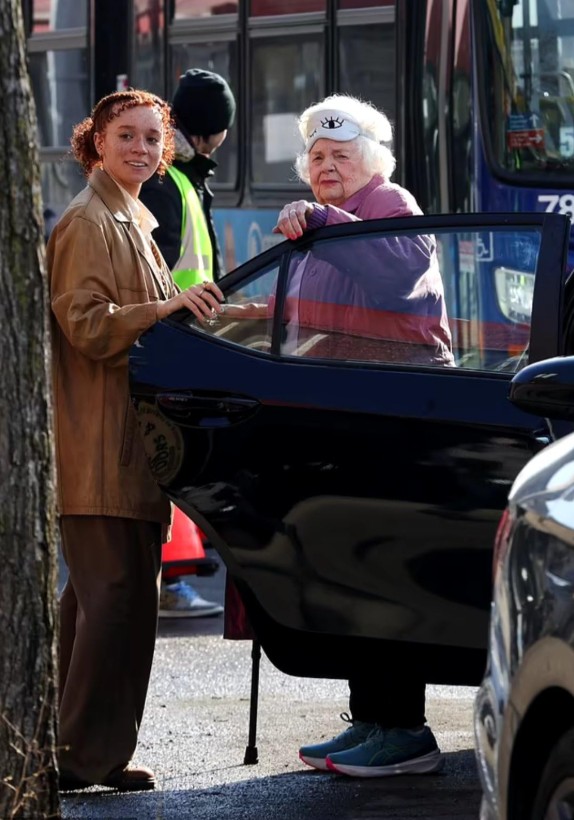
French director Stephane Demoustier’s The Great Arch (L’inconnu de la Grande Arche) is a bio-historical flick around real-life architecture teacher from Copenhagen Otto von Spreckelsen who won French President François Mitterrand’s open competition for construction of Grande Arche de La Défense in 1983.
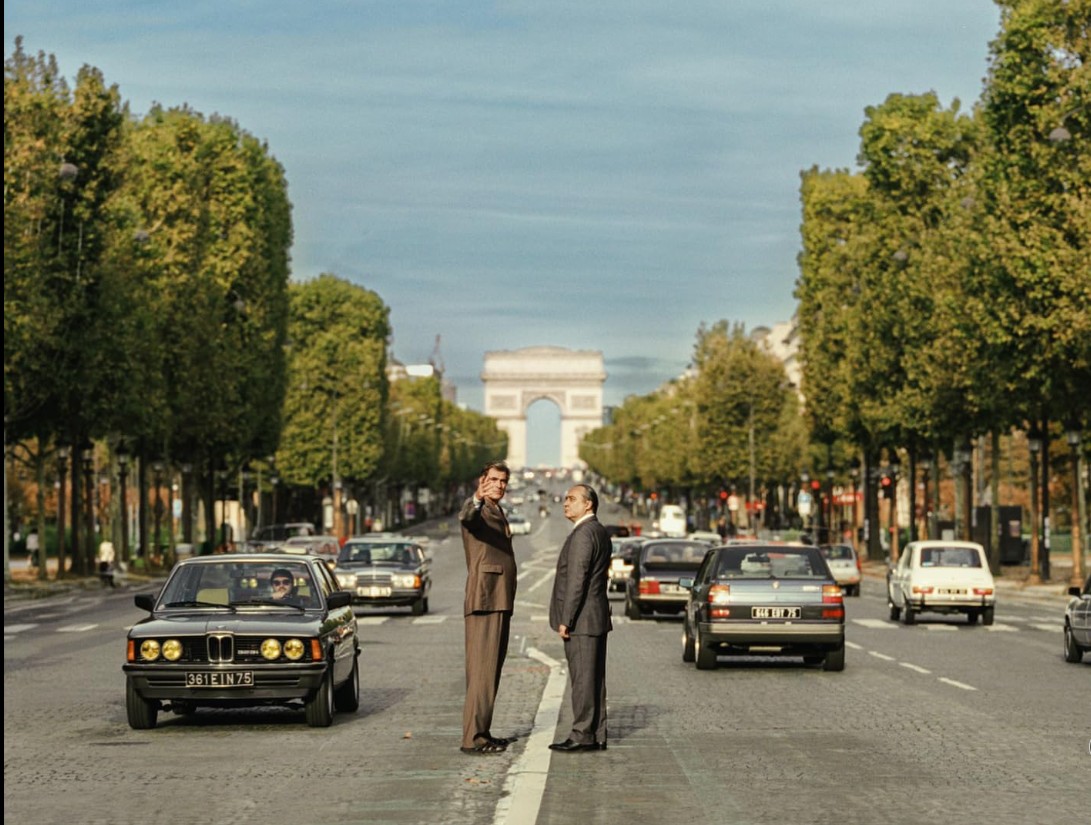
How the 53-year- man, unknown in France, arrives in Paris, to build the Grande Arche just as he imagined it, but is ranged against complexities of reality and political forms its focal gist.
Heads or Tails? Aka Pile ou face? or Testa o croce? by Italian-American director Alessio Rigo de Righi and Matteo Zoppis is a ode to the good old Westerns wherein after a deadly rodeo and stolen kiss, Rosa and her cowboy lover flee across the Italian wilderness, pursued by Buffalo Bill. Shot on 35mm film the duo recreate the Wild West show to Italian audiences and is based on true incidents.
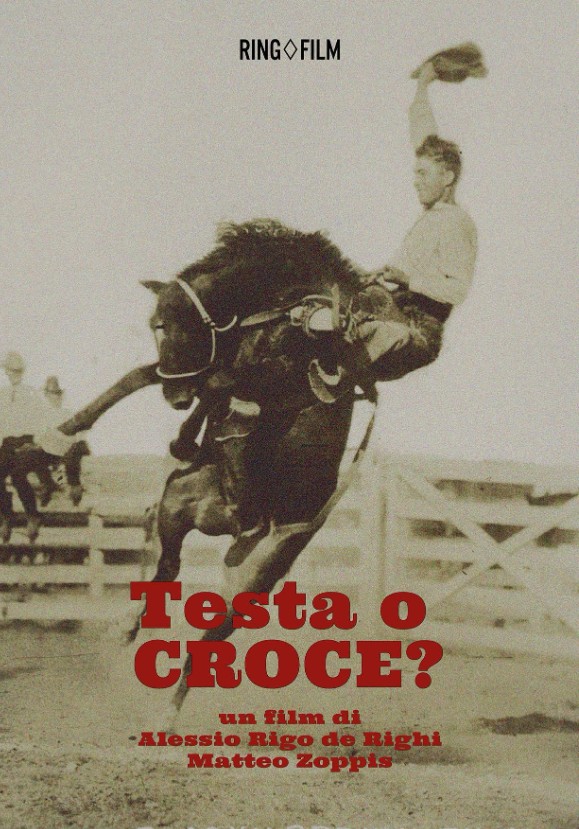
What, however, makes the section much more interesting and exciting to audiences, especially in India is Homebound, the desi feature by India’s very own Neeraj Ghaywan. The National Award winning director returns to Cannes a decade later with his second feature whose critically acclaimed Indo-French drama Masaan not only won the FIPRESCI prize but also Promising Future prize (Prix avenir prometteur) in the Un Certain Regard section at 68th Cannes Film Festival. Will it be an encore is to be seen. The film, which brings the Dhadak pair Ishaan Khatter and Janhvi Kapoor has sought to keep its storyline secretive with its makers describing itself as a “soulful story.”

The Italian tipsy titled debutant feature The Last One For The Road (Le città di pianura) by Francesco Sossai, a roadie movie sees two rambunctious men in their 50s, obsessed with having their nightcap, chancing up with a shy architecture student, who brings a whole new perspective to their wanderings as they go bar hopping in Veneto.
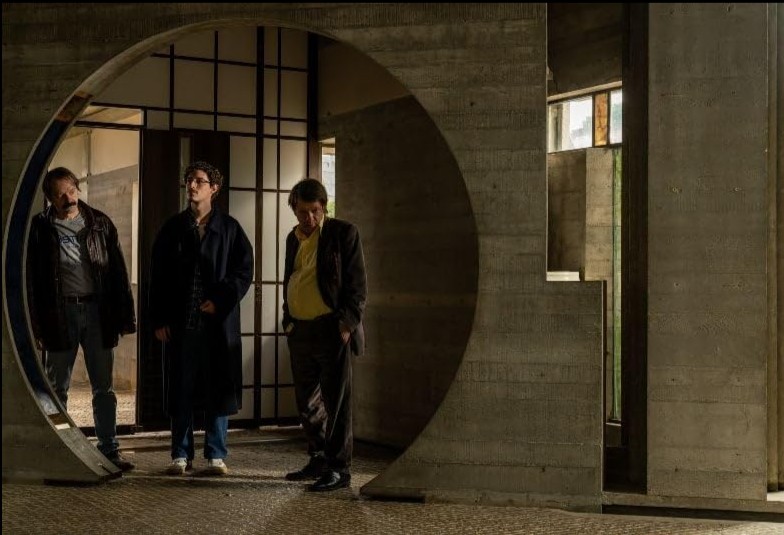
Local hand French filmmaker Hubert Charuel hitches on the Un Certain Regard bandwagon with his Meteors set in Honduras village readying for a meteorite fall, while faraway, in France, the local, back from his stay in a psychiatric hospital, believes the meteorite won’t hit Honduras but Saint-Dizier, France.

Nigerian Akinola Ogunmade-Davies Jr’s debutant Caméra d’Or award My Father’s Shadow set during the 1993 Nigerian polls, revolves round two brothers exploring Lagos with their estranged father and witnessing both the city’s magnitude and their father’s daily struggles as political unrest threatens their journey home.
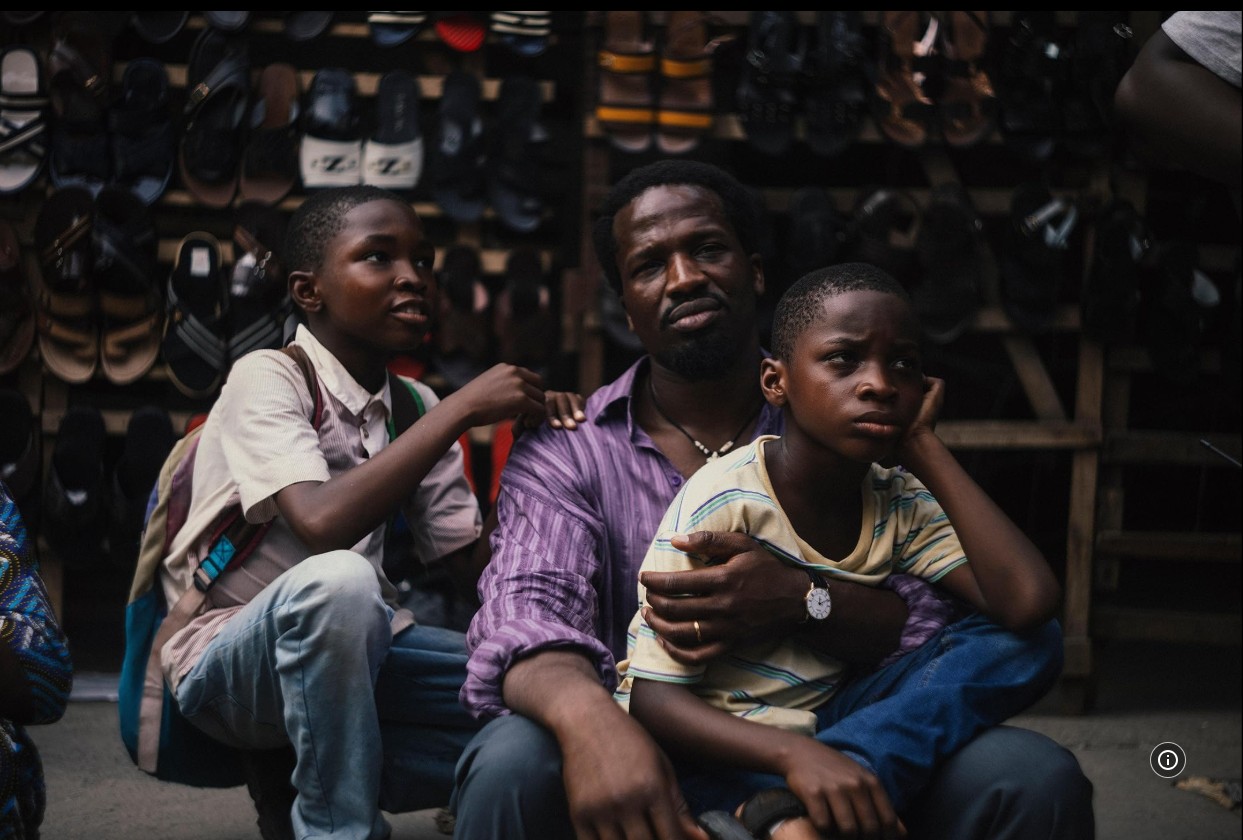
The Mysterious Gaze of the Flamingo (La misteriosa mirada del flamenco) by Chilean director Diego Céspedes is a gay drama set in 1982 wherein an unknown disease begins to spread in a small mining town in the Chilean desert, and gays are accused of transmitting it through their eyes, prompting 12-year-old Lidia, the only girl in the community, embarking upon the mission to ferret out the truth.
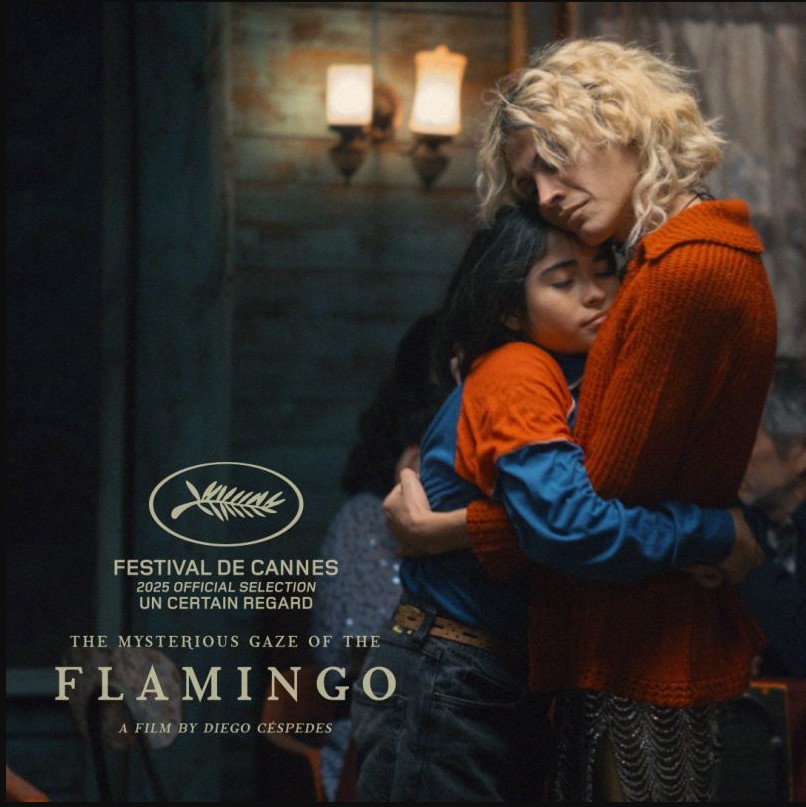
Palestinian siblings Tarzan and Arab Nasser bring their Once Upon a Time in Gaza a searing exploration of the social and political realities of Gaza speaks of friendship between a young student and a drug dealer as they sell drugs in a falafel restaurant.
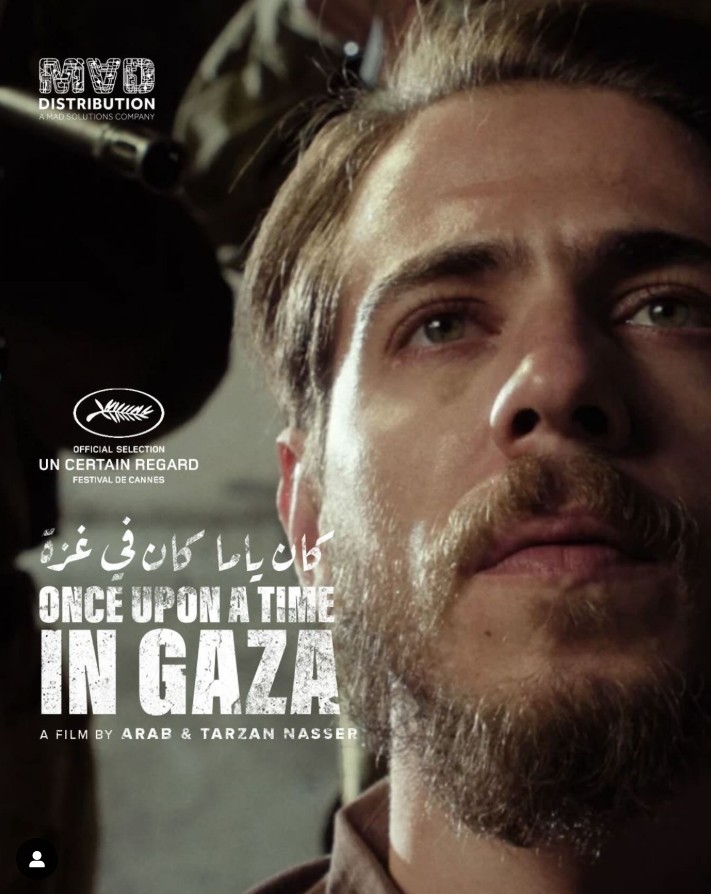
And even as Hamas tightens control over Gaza, Yahia seeks vengeance for his friend Ossama’s brutal murder, but, whose encounter with the killer alters everything. Yahia, the weakling, Osama, the reckless one, and Sami, the sycophantic hypocrite are the trio in focus in this combustive drama.
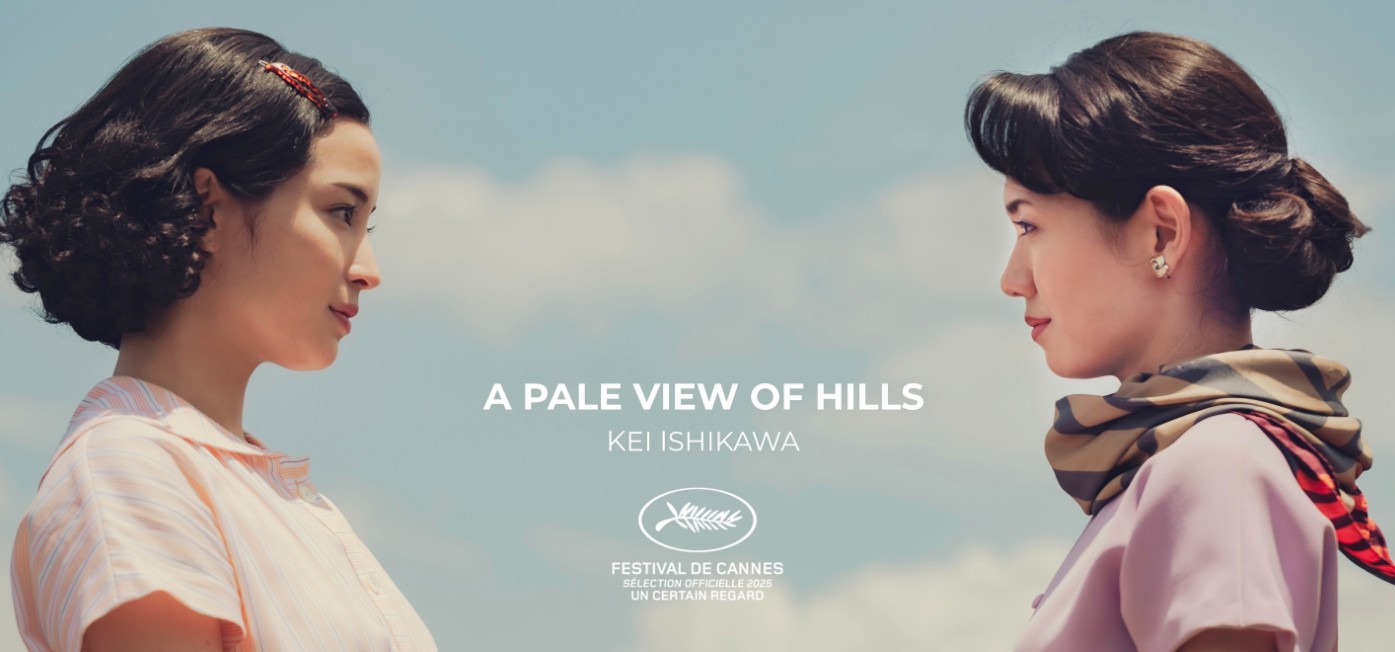
Japan’s Kei Ishikawa’s A Pale View Of The Hills based upon the 1982 novel of the same name by Kazuo Ishiguro, traversing in dual timelines explores a Japanese widow’s memories spanning post-war Nagasaki in 1950s and England during 1980s Cold War era, exposing secrets that intertwine her past and present experiences across borders.
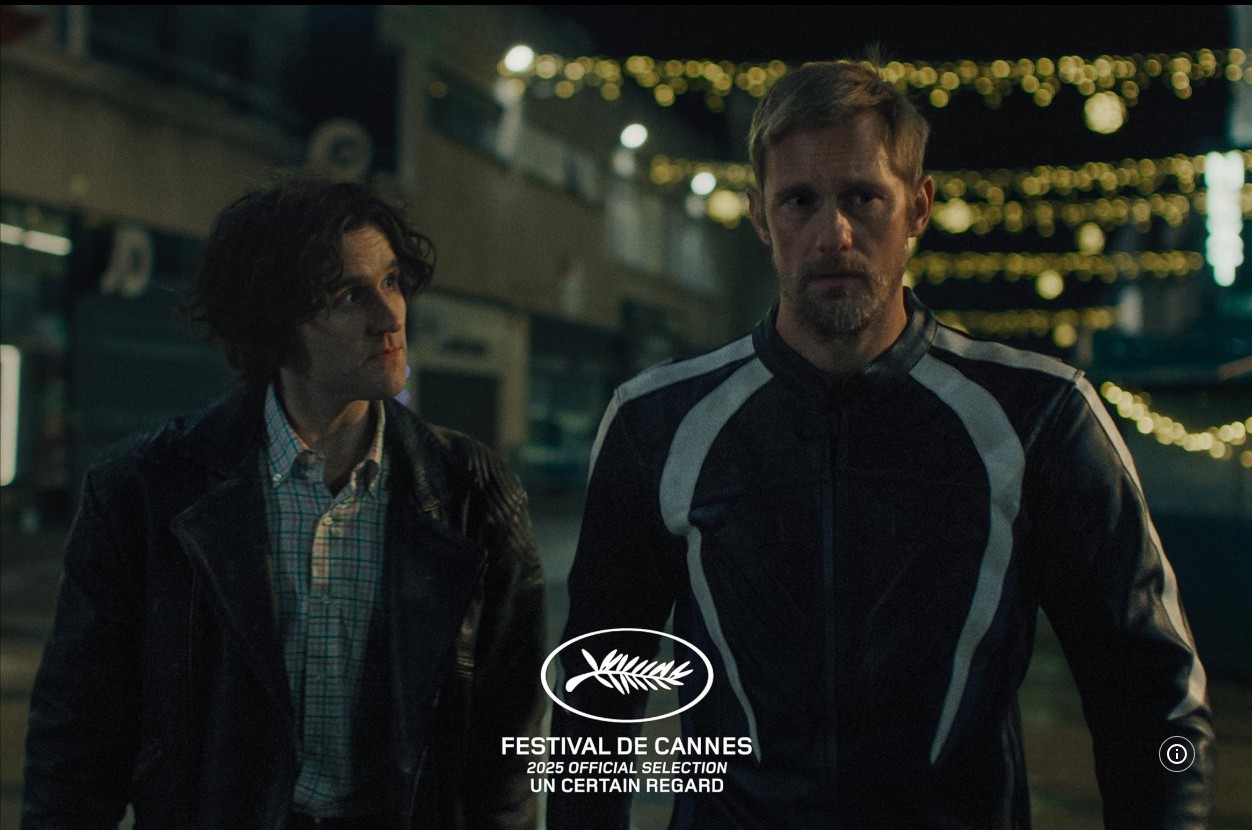
The debut, Caméra d’Or award contender, British filmmaker Harry Lighton’s Pillion is a comedic queer flick featuring an unremarkable, directionless young man, who meets the charismatic leader of a biker club, leading to his introduction into the world of queer community making him his submissive.
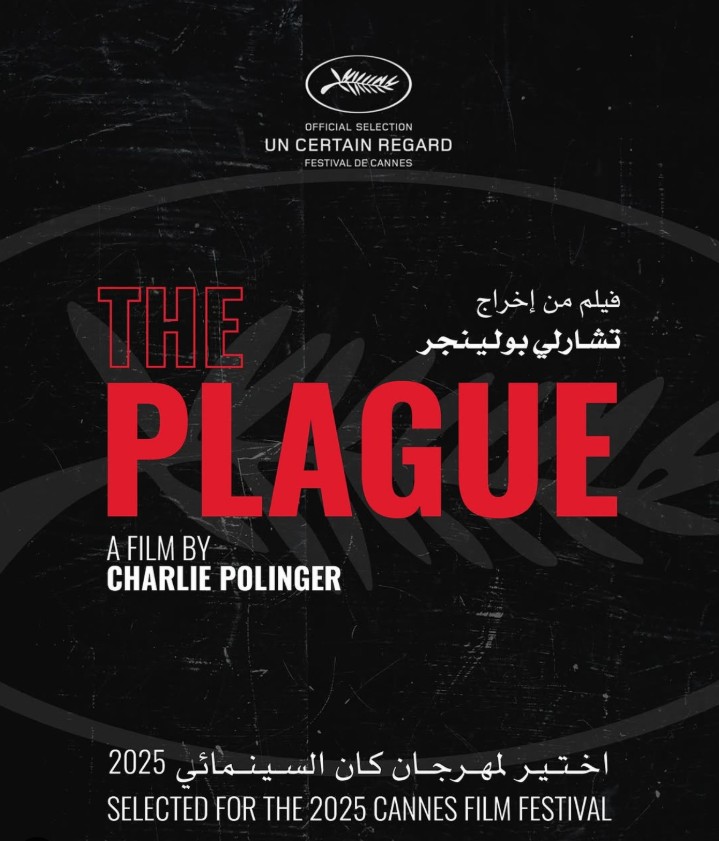
How an awkward teen copes with the ruthless hierarchy of a water polo camp his anxiety spiralling into psychological turmoil over the summer, forms the pivot of American filmmaker Charlie Polinger’s debut feature The Plague running for the , Caméra d’Or award.

French-Tunisian woman director Erige Sehiri Promised Sky (Promis le ciel) revolves around three women Marie, a 40-year-old Ivorian woman who divides her life between her work as a journalist and her vocation as an evangelist pastor.
Naney, a young mother whose passport has been confiscated by her employer, and Jolie, a promising artist in a precarious situation, whose father has ordered her return to Côte d’Ivoire.
Living in Tunis, sheltering Kenza, a shipwreck survivor the trio are caught in the Tsunami of tensions between sub-Saharan Africans, Tunisians and the police upsetting their precarious balance forcing them make survival choices.
London based Harris Dickinson’s Urchin, being first feature taking a shy at the Camera d’Or award, as its title bespeaks for itself is about a homeless person in London who is struggling to break free from a cycle of self-destruction while trying to turn his life around.
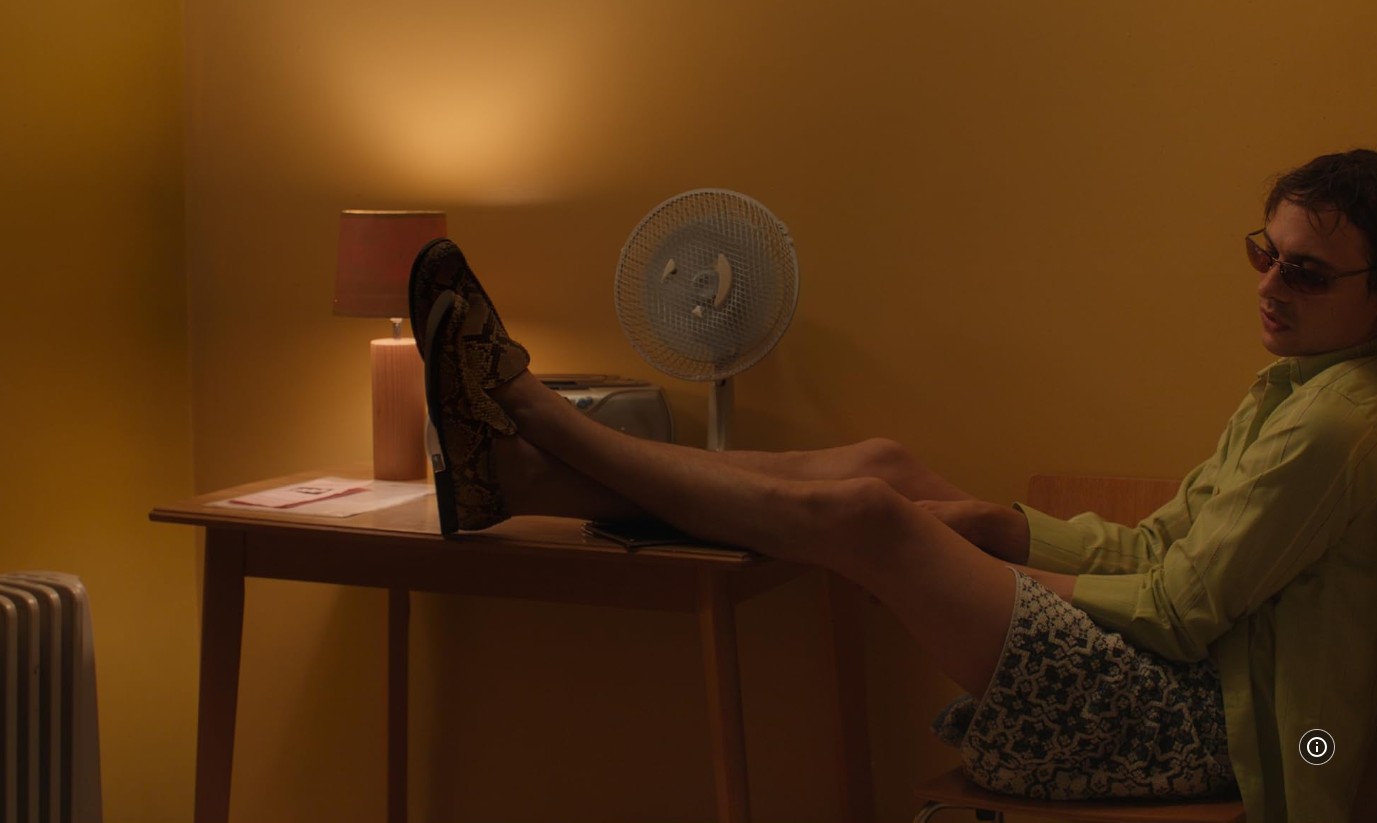
Well, with each of these singularly individualistic and diversified narrative sagas, thematic concerns and cinematic styles, with a handful contending for the covered Camera d’Or award being debut features promise a feastful of fascinating dramas bound to surprise the expectant, eager-beaver film audiences.
Will they disappoint or see paeans sung about their visionary visual sagas is to be seen. A fleeting glimpse of their terse and crisp synopsis speak of a myriad of magical rendezvous with the 16 festoons that form the Un Certain Regard’s colourful collection of cinematic treatises.
With both the In Competition and Un Certain Regard, not to discount the other sections, providing cinephiles, cineastes, the deal makers, the distribution and sales agents spoilt for choices the 78th Cannes Film Festival, which turns the Promenade de la Croisette a Cinema Paradiso it is to be seen who the eventual winners will be and etch their names in the Cannes Scroll of Awardees. Till then., adios, adieu mis amigos! Voici trois acclamations pour le cinéma. Bon visionnage et que vous passiez un agréable moment au Carnaval du Cinéma de Cannes.

S VISWANATH is a veteran film critic who officiates as JURY at several National & International Film Festivals. He deputises as CHIEF CINEMA CURATOR/PROGRAMMER & CREATIVE ADVISOR for Bengaluru International Film Festival (BIFFes). He also curates & advises on the selection of shorts & documentaries for Bengaluru International Short Film Festival (BISFF). Mr Viswanath is the author of “RANDOM REFLECTIONS: A Kaleidoscopic Musings on Kannada Cinema”.

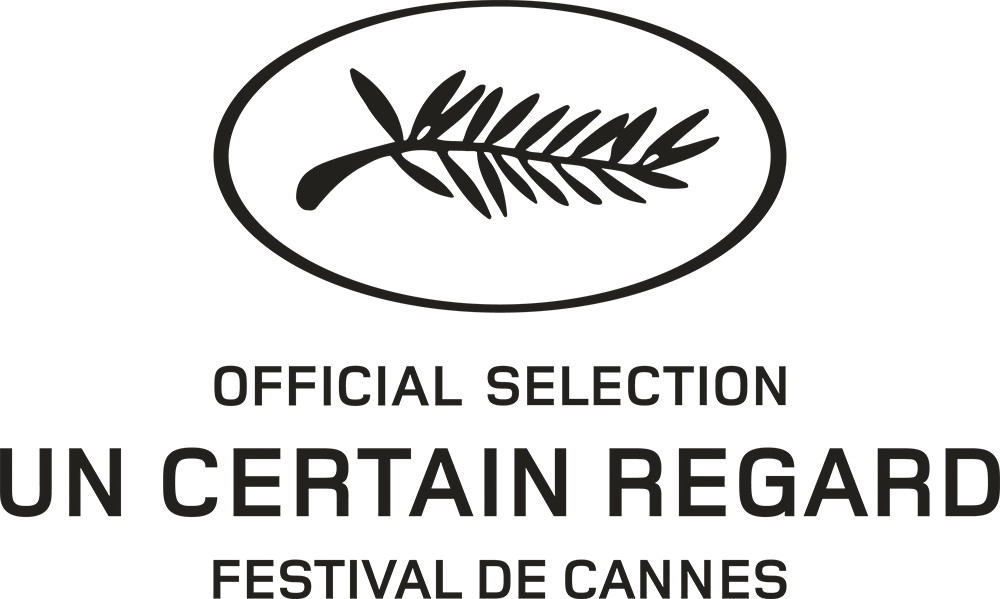




Leave a Reply